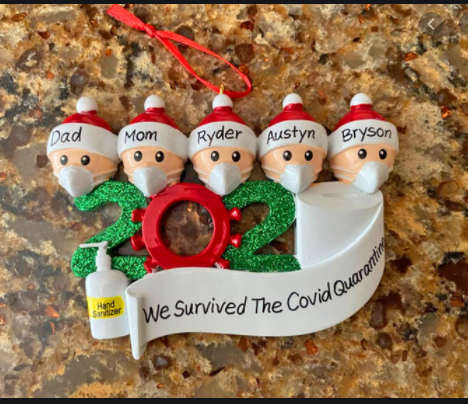Dementia Symptoms Caring in Early Stages
In the early stage of Alzheimer’s Disease, most people perform independently. The person who has it may still drive, engage in social activities, volunteer, and even go to work. Your role as a caregiver is a vital one: to give companionship and support. The caregiver also assists that person who has Dementia symptoms and plans for every day and the future. Early-stage refers to people, regardless of age, who are diagnosed with Dementia or other related disorders and are in the beginning stage of this progressive disease. The early stage of this cognitive decline, like Alzheimer’s, can last for years. A diagnosis of early-stage Alzheimer’s disease does not just affect those with the disease; yet, it also affects the people who care and love them. Senior Buddies has been a go-to in-home care provider for families looking for caregivers who offer quality and tender care for their loved ones with Dementia in San Antonio, Leon Springs, Fair Oaks, Boerne, Marble Falls, and Dallas.
Finding a new balance for Dementia symptoms
One of the biggest challenges care providers encounter is not recognizing how much support to provide or when to give it. Because the person with early-stage Dementia is primarily independent with bathing, dressing, grooming, walking, and may still volunteer, drive, or work. The most challenging tasks may include managing daily living activities or schedules or even the household budget.
Senior Buddies, a care provider, your support as the family with their everyday activities and tasks can help them develop new coping ways and strategies that will help make the best use of their independence. Every relationship varies; yet, having the balance between independence and interdependence may boost confidence for your loved one and yourself. This way as well, it will help the caregiver do their tasks fast and precisely.
Support Your Loved Ones having Dementia
To help you decide how and when to give the most appropriate and necessary assistance to a person living in the early stage of this cognitive decline, you can consider the following tips by Senior Buddies.
- Safety first: Is there a risk if your loved one living with dementia symptoms does the task alone? Do you find any immediate safety risk? If there is no risk of harm or injury, support and continue the supervision as necessary.
- Avoid stress: Prioritize actions or tasks that do not cause undesirable pressure for your loved one with dementia symptoms. For instance, if you know that running errands or grocery shopping will be frustrating for your loved one, ask them to list down the weekly menu and arrange the grocery list. This way, they can still participate in household tasks.
- Make a favorable assumption: Suppose that your loved one with dementia symptoms can complete the task. If you notice disappointment, try to find the cause of this disappointment before interrupting. Focus on the current needs of your loved one rather than living in the future.
- Create a help signal: Identify a phrase or cue that you can use to verify if your loved one with dementia symptoms is pleased receiving assistance. For instance, you may agree to use a phrase like, is there anything I can do for you? Or do you need help? A simple nod can be a signal that it is okay to discover if your loved one is having difficulty remembering a name or word.
- Talk it over: The best way to know when and how to give support is to ask your loved one directly. Ask your loved one with dementia symptoms what they need or what frustrates them, or if things are disappointing for them. Talk it over as a family, then make necessary plans and measures.
- Work better together: Look for activities as a family and keep the communication going about expectations for how you will give help. You can regularly check your loved ones by asking them what they feel and need. If you are giving a level of support that is adequate and comfortable, your loved one will feel safe and independent.
Maximizing independence
While every adult or person experiences the early stage of dementia in various ways, you as the family can support them by providing care and love. Typically, a person with the early onset of the disease may require reminders and cues to help with memory. Senior Buddies, as your care partner, you may need to understand and take the necessary initiative to help your loved one.
For instance, your loved one may need assistance with:
- Recalling names and words
- Remembering familiar people and place
- Keeping appointments
- Handling money
- Tracking of medications
- Organizing and planning
- Transportation
Focus on the strength of your loved ones, and they can keep as independent as possible and build a strong line of communication. Think of ways together as a team, as a family. In most cases, your loved one will soon depend on you and their caregiver to fully assure that the daily living activities are comfortable and met.








